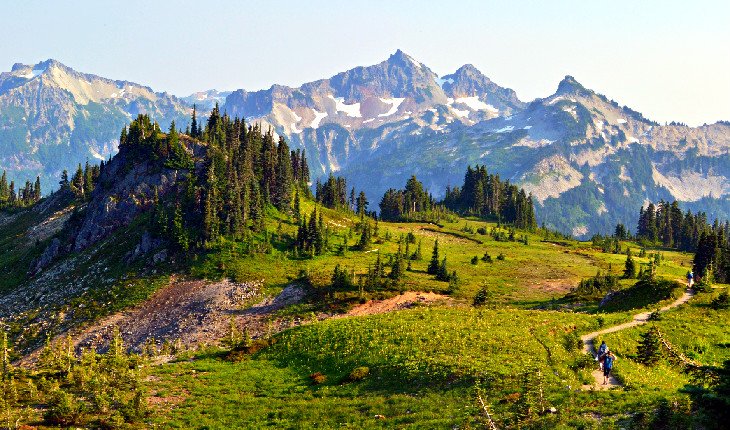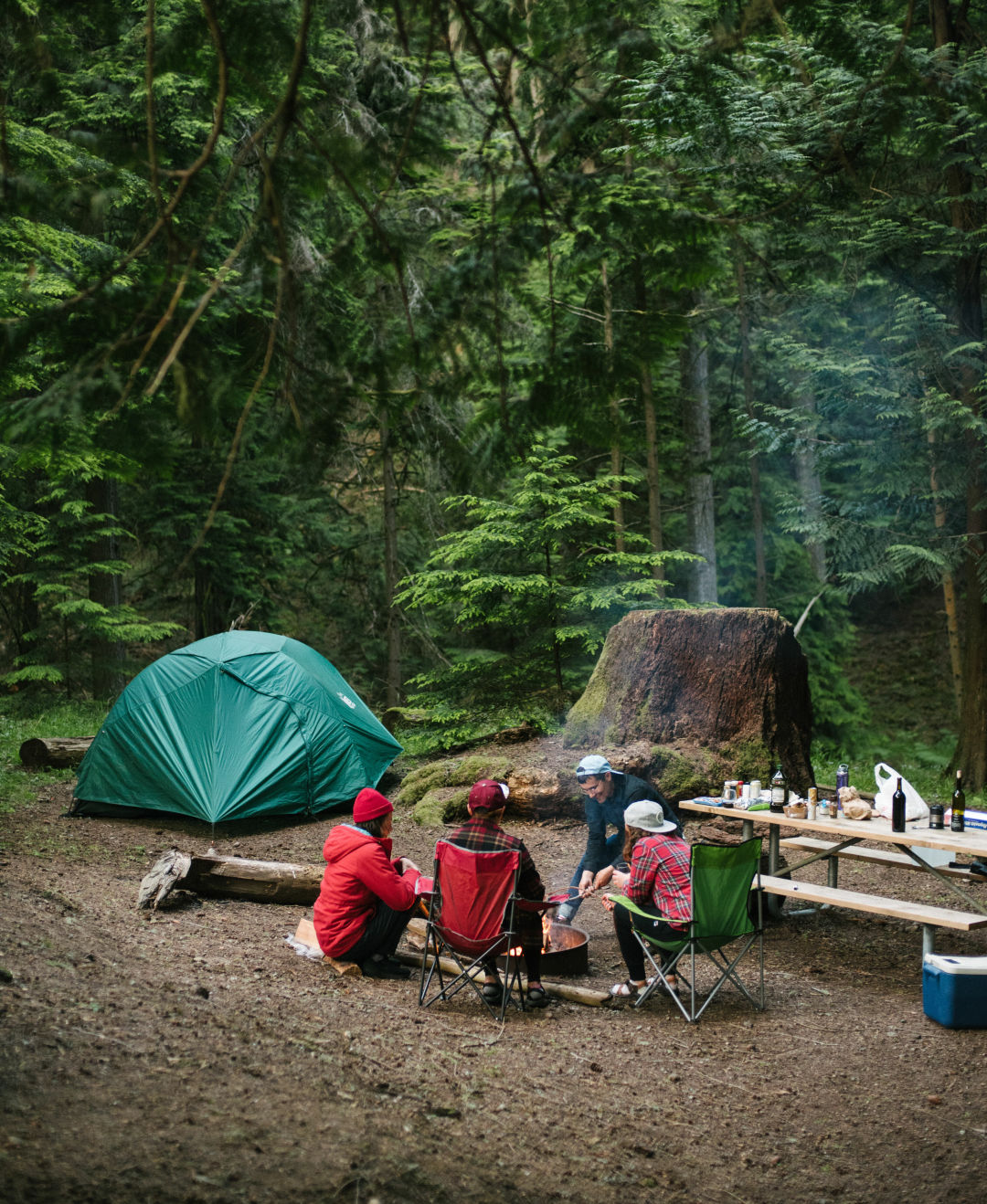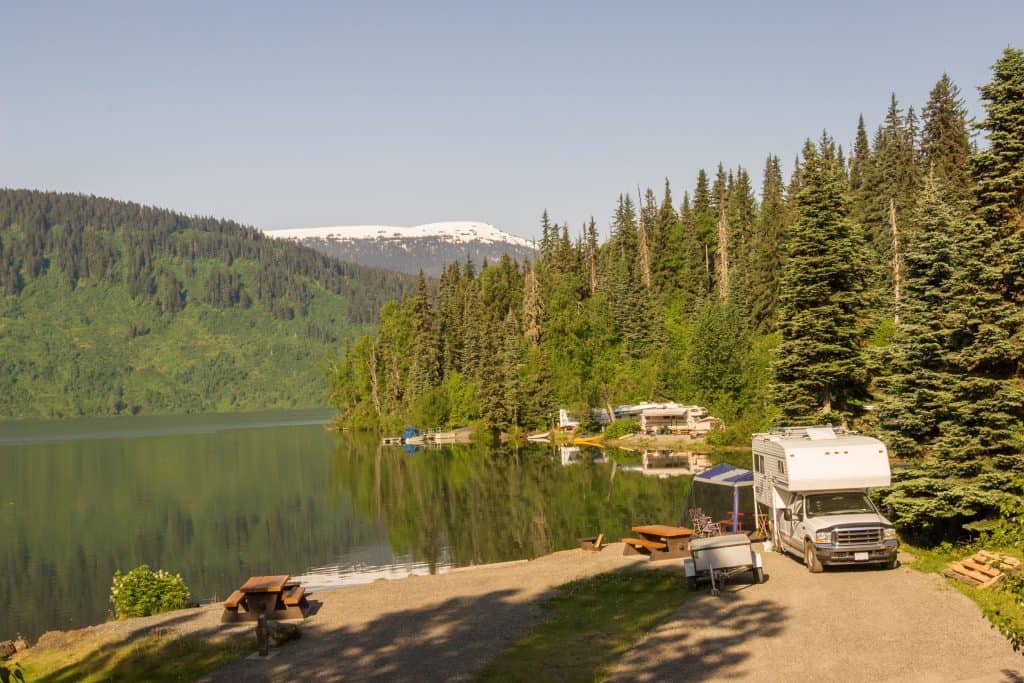Unveiling Washington’s Natural Treasures: A Guide To Camping In State Parks
Unveiling Washington’s Natural Treasures: A Guide to Camping in State Parks
Related Articles: Unveiling Washington’s Natural Treasures: A Guide to Camping in State Parks
Introduction
With great pleasure, we will explore the intriguing topic related to Unveiling Washington’s Natural Treasures: A Guide to Camping in State Parks. Let’s weave interesting information and offer fresh perspectives to the readers.
Table of Content
Unveiling Washington’s Natural Treasures: A Guide to Camping in State Parks
:max_bytes(150000):strip_icc()/lake-wenatchee-state-park_HERO_CAMPWA0922-09e49c99f7fd4a3b9238bdfd4475928b.jpg)
Washington State boasts a breathtaking array of natural landscapes, from the rugged peaks of the Cascades to the serene shores of the Pacific Ocean. This diverse geography provides a rich tapestry of experiences for outdoor enthusiasts, and the Washington State Parks system offers an unparalleled gateway to these wonders.
A key component of this system are the numerous state parks that offer camping opportunities. These campsites provide a unique way to immerse oneself in the state’s natural beauty, offering a respite from the hustle and bustle of everyday life. Whether seeking a tranquil retreat by the water, a challenging hike through ancient forests, or a family-friendly adventure, Washington’s state parks cater to a wide range of interests and preferences.
Navigating the Washington State Parks System
Understanding the vast network of state parks and their camping facilities can be daunting. Fortunately, the Washington State Parks and Recreation Commission (WSPRC) provides comprehensive resources to guide visitors through their planning process.
Maps and Online Resources:
- Interactive Map: The WSPRC website features an interactive map that allows users to explore all state parks, filter by amenities, and pinpoint specific camping locations. This tool is invaluable for visualizing park locations, identifying campsites with desired features, and planning itineraries.
- Park Information: Each park’s individual page provides detailed information about amenities, activities, regulations, reservation systems, and contact details.
- Camping Reservation System: The website features an online reservation system that allows visitors to book campsites in advance, ensuring access to their preferred location.
Types of Camping Experiences:
Washington State Parks offer a variety of camping options to suit different needs and preferences:
- Developed Campgrounds: These campgrounds offer amenities such as restrooms, potable water, fire rings, picnic tables, and sometimes even electrical hookups. They are ideal for families and those seeking a more comfortable camping experience.
- Primitive Campgrounds: These campgrounds provide a more rustic experience, often lacking amenities like restrooms or running water. They are ideal for those seeking a true wilderness adventure.
- Backcountry Camping: This type of camping requires hikers to carry all their gear and supplies and camp in designated backcountry areas. It offers a truly immersive experience, allowing visitors to connect with nature on a deeper level.
Planning Your Camping Trip:
- Seasonality: Washington State experiences diverse weather patterns throughout the year. Consider the season’s impact on weather, crowds, and available activities before planning your trip.
- Reservations: Many campgrounds, particularly popular ones, require reservations, especially during peak season. Booking in advance ensures a campsite and avoids disappointment.
- Amenities: Determine the amenities you require, such as electrical hookups, restrooms, or showers. Different campgrounds offer varying levels of amenities.
- Activities: Consider the activities you wish to pursue, such as hiking, fishing, boating, or wildlife viewing. Choose a park that caters to your interests.
- Regulations: Familiarize yourself with park regulations, including fire restrictions, pet policies, and noise ordinances, to ensure a safe and enjoyable experience.
Highlighting the Benefits of Camping in Washington State Parks
Camping in Washington State Parks offers a unique opportunity to connect with nature, experience the state’s diverse landscapes, and create lasting memories. The benefits extend beyond recreation, encompassing environmental awareness, personal growth, and community building.
- Environmental Stewardship: By camping in state parks, visitors contribute to the preservation of Washington’s natural heritage. The fees collected from campers support park maintenance, conservation efforts, and environmental education programs.
- Personal Growth: Camping provides a chance to disconnect from technology and reconnect with oneself and nature. It fosters resilience, adaptability, and a deeper appreciation for the natural world.
- Community Building: Camping in state parks often creates a sense of community among fellow campers. Shared experiences, campfire stories, and interactions with park rangers foster social connections and a sense of belonging.
FAQs About Camping in Washington State Parks
-
Q: How do I reserve a campsite?
- A: Reservations can be made online through the WSPRC website or by phone.
-
Q: What amenities are typically available at campgrounds?
- A: Amenities vary by campground, but common features include restrooms, potable water, fire rings, picnic tables, and sometimes electrical hookups.
-
Q: Are pets allowed in state parks?
- A: Pet policies vary by park. Some parks allow pets on leashes, while others restrict them to designated areas. Check park regulations for specific details.
-
Q: Are there any fees associated with camping in state parks?
- A: Yes, there are fees for camping in state parks. These fees vary by park and campsite type.
-
Q: What should I bring on a camping trip?
- A: Essential items include a tent, sleeping bags, sleeping pads, cooking gear, food, water, first-aid kit, flashlight, and appropriate clothing.
Tips for a Successful Camping Trip
- Plan Ahead: Research your chosen park, make reservations, and pack accordingly.
- Follow Park Regulations: Familiarize yourself with park rules and regulations to ensure a safe and enjoyable experience.
- Leave No Trace: Pack out all trash and dispose of it properly. Respect the natural environment and minimize your impact.
- Stay Safe: Be aware of potential hazards, such as wildlife encounters, changing weather, and fire risks.
- Enjoy the Experience: Immerse yourself in the beauty of Washington’s state parks, appreciate the natural surroundings, and create lasting memories.
Conclusion
Camping in Washington State Parks offers an unparalleled opportunity to experience the state’s natural beauty firsthand. From the rugged peaks of the Cascades to the serene shores of the Pacific Ocean, these parks provide a diverse range of landscapes and activities for all ages and interests. By understanding the resources available, planning ahead, and respecting park regulations, visitors can ensure a safe, enjoyable, and enriching camping experience. The benefits of camping extend beyond recreation, fostering environmental stewardship, personal growth, and community building. As you explore Washington’s state parks, remember to leave no trace, appreciate the natural world, and create lasting memories that will inspire future adventures.








Closure
Thus, we hope this article has provided valuable insights into Unveiling Washington’s Natural Treasures: A Guide to Camping in State Parks. We hope you find this article informative and beneficial. See you in our next article!